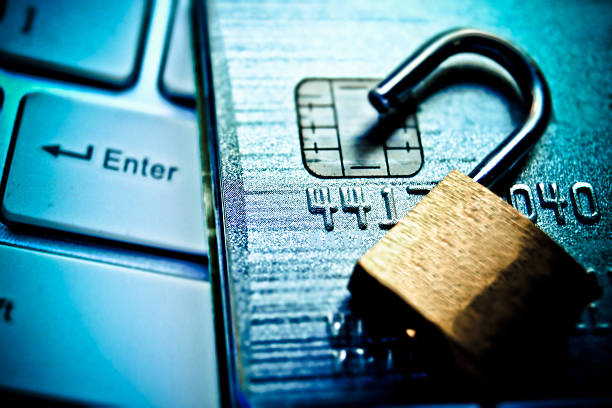How to stay safe when shopping online during Black Friday
The shopping bonanza before the holiday season can present a host of risks to your online safety.

Picture: iStock
You may escape the incessant festive tunes and all that pushing and shoving in the aisles and at the doors, but shopping online presents risks of its own.
Some of that frenzy on Black Friday and Cyber Monday can extend to the internet, especially as bargain-hunting can cause you to let your guard down, says Carey van Vlaanderen, CEO at ESET South Africa.
In fact, many people openly admit to taking risks at the prospect of a deal, however too-good-to-be-true it may sound.
This means there are a lot of potential victims who are likely to expose themselves to a range of threats that typically aim to capture their financial information.
Let’s look at scammers’ attempts to trip you up, and what you can do to avoid stumbling.

Picture: iStock
Safe sites
• Ensure that all your shopping takes place at legitimate and tried-and-tested sites.
This involve basic precautions, including being wary of odd URLs and staying away from “merchants” offering suspiciously cheap items such as the latest iPhone for a fraction of its going price.
• Be double wary of – and never click on any links or attachments in – out-of-the-blue emails, instant messages or social media postings that offer amazing bargains, freebies in exchange for completing “surveys”, and similar unmissable offers.
• Pop-up and banner ads as well as malicious adverts loaded by legitimate websites from third-party services can all lead to malware-hosting websites or to bogus sites that are designed to steal your personal details.
Instead of rushing to click on whatever “deal” is on offer, you’re better off typing the retailer’s URL into the browser’s address bar and verifying that the bargain is authentic.
• As you search for sale items, compare their prices, look for product reviews and scout around for deals on price aggregation sites, you can reach unintended destinations when attackers poison search engine results with deceptive links.
These may lead to Black Friday and Cyber Monday sites that are dedicated to scamming you. Try instead to search for deals directly on the websites of reputable retailers, but keep your eyes open even there, too.

Picture: iStock
Safe transactions and connections
• Before you input your personal and payment details on a merchant site, ensure that the site uses HTTPS web encryption, so that all the information that passes between your browser and the website is encrypted and prying eyes can’t see and interfere with it.
The encryption will be indicated by a padlock icon to the left of the browser’s URL bar that, upon clicking, will also indicate that your connection to the site is secure. However, the presence of the padlock alone does not mean that the website is safe.
• It’s best to stick to your home or work network, or to your data plan. Under no circumstances is it a good idea to connect to a public Wi-Fi network for your shopping, as many of them are unsafe.

Picture: iStock
Back to basics
These fundamental practices will help you avoid nasty surprises:
• Keep your operating system and applications updated with the latest security patches, as that will reduce the number of openings through which attackers can compromise your machine.
• Use reputable security software that incorporates multiple layers of protection and that, ideally, also includes protection for online banking and payments. As attackers constantly come up with new malicious tools, it is extremely important to make sure that the software downloads the latest updates.
• Utilise complex and unique passwords or passphrases, especially for your most valuable accounts, such as banking, email and social media accounts. Also enable two-factor authentication wherever it is available.
For more news your way, download The Citizen’s app for iOS and Android.
For more news your way
Download our app and read this and other great stories on the move. Available for Android and iOS.









